The Legal Rights of Teachers Who Report Abuse
Teachers are often the first people to notice when something’s not right, and they play a vital role in protecting kids from public or private school sexual abuse. Yet, many teachers fear retaliation or legal complications when reporting suspected abuse, especially if institutional pressures urge silence. Knowing what legal protections teachers have when they report abuse helps create safer schools and holds institutions accountable.
Mandatory Reporting Laws: A Legal Obligation
In all 50 states, teachers are classified as mandatory reporters. This means they are legally required to report suspected cases of child abuse or neglect to the appropriate authorities, typically child protective services or law enforcement.
In Oregon, for example, educators must report any reasonable suspicion of abuse immediately, and no later than within 24 hours of discovery, under ORS 419B.010. Failure to do so can lead to legal penalties, including fines and professional consequences.
These laws are meant to make sure kids get help fast, but when the person causing harm is a colleague or supervisor, teachers can feel torn between doing the right thing and protecting their own careers.
What Legal Protections Do Teachers Have?
Fortunately, teachers who report suspected abuse are not without protection. There are legal protections in place to help shield teachers from backlash when they report abuse in good faith.
1. Immunity from Civil and Criminal Liability
Most state laws, including Oregon’s, grant legal immunity to mandatory reporters who make a report in good faith, even if the abuse is not ultimately substantiated. This means that teachers are protected from lawsuits or criminal charges simply for raising a concern responsibly.
2. Whistleblower Protections
Oregon law provides additional protections for educators under its Whistleblower Protection Statutes, specifically ORS 659A.203. This law prevents public employers (like school districts) from retaliating against employees who report violations of law, mismanagement, or abuse.
3. First Amendment Protections
In certain cases, public school employees are also protected under the First Amendment, especially when speaking on matters of public concern. Although these protections can be complex, and limited when speaking in an official capacity, they may apply when a teacher takes steps outside of their employment duties to advocate for student safety.
The Risks of Reporting: Why Legal Support Matters
Despite these protections, teachers who report abuse may face significant risks, both professionally and personally. In fact, fear of retaliation remains one of the most common reasons abuse goes unreported within institutions.
1. Professional Retaliation and Career Impact
Educators have reported being fired, demoted, reassigned, or given negative performance evaluations after reporting abuse. Some are blacklisted from future job opportunities or excluded from decision-making circles.
In some cases, the whistleblower is removed from their position after reporting misconduct, highlighting how vulnerable even well-meaning employees can be when institutions prioritize liability over transparency.
2. Institutional Pressure and Culture of Silence
When schools or institutions stay quiet to protect their image, it creates a space where abuse can keep happening because no one risks stepping in to stop it. Teachers who raise concerns are often told to “keep it internal” or are discouraged from filing external reports. This culture of silence is harmful and dangerous.
Similar dynamics have been documented in religious organizations and private schools, where loyalty and image often take precedence over student welfare. Crew Janci LLP has represented numerous survivors and whistleblowers in these types of settings.
3. Community Backlash and Social Repercussions
In tight-knit communities, teachers who report abuse, especially involving respected figures, may be ostracized. This can manifest as hostility from parents, gossip among peers, or even attempts to discredit the teacher’s professionalism.
These consequences are especially severe in small towns or faith-based schools where reputations carry lasting weight.
4. Legal Threats and Intimidation
Oregon has laws to protect people from bogus lawsuits but even with those in place the fear of getting dragged into legal trouble can scare off even the most courageous teachers.
Empowering Teachers to Speak Up
To build safer educational environments, we must do more than mandate reporting, we must protect and support those who report. This includes:
-
- Enforcing strong whistleblower protection policies
-
- Offering legal and emotional support to educators who report abuse
-
- Creating institutional cultures that reward transparency, not silence
If You’ve Faced Retaliation for Reporting Abuse
If you’re a teacher who reported suspected abuse and experienced retaliation, you’re not alone—and you may have legal options.
-
- File a complaint with the U.S. Department of Education’s Office for Civil Rights (OCR)
-
- Seek protection under state whistleblower laws
-
- Consult with legal experts specializing in educator rights
-
- Utilize union resources
At Crew Janci LLP, we specialize in representing survivors and the professionals who support them. We help facilitate the push for stronger protections for those willing to risk their reputations and even livelihoods to help protect the vulnerable and our legal team is proud to continue helping educators navigate retaliation claims and fight for institutional accountability.
Contact Us
9755 SW Barnes Road, Suite 430, Portland, Oregon 97225 (888) 407-0224 info@crewjanci.com For any questions, Submit Our Confidential Form.
Additional Resources
Child Welfare Information Gateway – Mandatory Reporters Guide (PDF)
Empowering Change
Related Resources
are here to guide and empower you or someone you care about.
Don’t face this alone.































